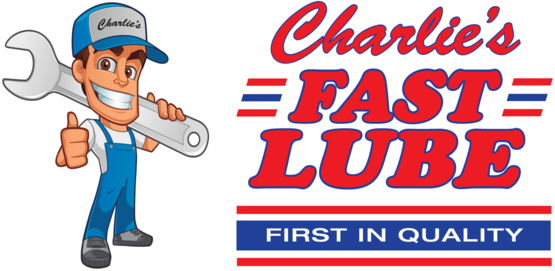When Metal Meets Metal (Wheel Bearings)
January 17, 2021
What part of your vehicle has little metal balls inside that are lubricated and allow you to cruise on down the road? They are wheel bearings, and automotive designers might argue they are human beings' second greatest invention of all time (the first is, of course, the wheel!).
You have a wheel bearing at each wheel. They allow your wheels to turn freely, minimizing friction that would ordinarily slow you down when metal meets metal. When one of your wheel bearings starts to go bad, it lets you know. A wheel bearing does its work quietly when it's in good health but starts getting noisy when it isn't. People describe the noise differently. Sometimes it sounds like road noise, a pulsating, rhythmic, sound. That pulse speeds up when your vehicle speeds up.
Here's what's happening when you hear that sound. As mentioned, the bearing has these little metal balls inside a ring. They have a lubricant inside to reduce friction between the balls; modern wheel bearings are sealed and they're intended to do their job without any maintenance.
Wheel bearings take a beating; you hit some rough potholes or go over some uneven railroad tracks. Sometimes water can get into a bearing and reduce the ability of the lubricant to do its job. Time starts to take its toll, too. When the lubricant isn't reducing friction like it should, the bearing can heat up. One of those little balls can start shedding pieces of metal and soon those shards start grinding up the other balls. Friction takes over and soon your wheel isn't turning smoothly. That's what's causing the sound. If a wheel bearing is not fixed, it could eventually seize up completely, and you can be stranded.
It's a lot easier if you heed the early warning signals, that pulsating noise. Now, sometimes a similar noise can be caused by a bad tire, but in either case, it's important to have it checked out. Our Charlie's Fast Lube Poplar Bluff technicians will be able to tell you fairly quickly what the problem is and offer a solution.
Wheel bearings generally don't fail often and usually last from 85,000-100,000 miles/140,000km to 160,000km. But consider them a long-term maintenance item that, once fixed, will keep you heading smoothly to the next destination.
Charlie's Fast Lube Poplar Bluff
2020 N. Westwood Blvd
Poplar Bluff, Missouri 63901
573-686-5585
http://www.charliesfastlubepoplarbluff.com
Need Service?
More articles from Charlie's Fast Lube Poplar Bluff

Move it or Lose It (Dormant Vehicles)
February 1, 2026
When it comes to your vehicle, driving it too much can cause some issues. But what about not driving a vehicle enough? That has consequences as well. Here are a few things that can happen if a vehicle isn't driven enough. When the engine doesn't operate, the oil isn't lubricating. That means so... More

Keeping Your Cool (Coolant System)
January 25, 2026
No matter what the weather is like outside, your internal combustion engine expects to keep its cool all the time, even when it's really cold. That's because engines create the power that moves you to your destination by a series of tiny explosions of a fuel and air mixture. In turn, that genera... More

Putting a Stop to Brake Problems (Brake Service)
January 18, 2026
It's safe to say that most drivers take their brakes for granted. You press on the brake pedal and the vehicle slows down or stops. It's easy to see why it is so important for your vehicle's brakes to be working correctly. Brakes are an important safety feature of any vehicle. When it comes to... More










